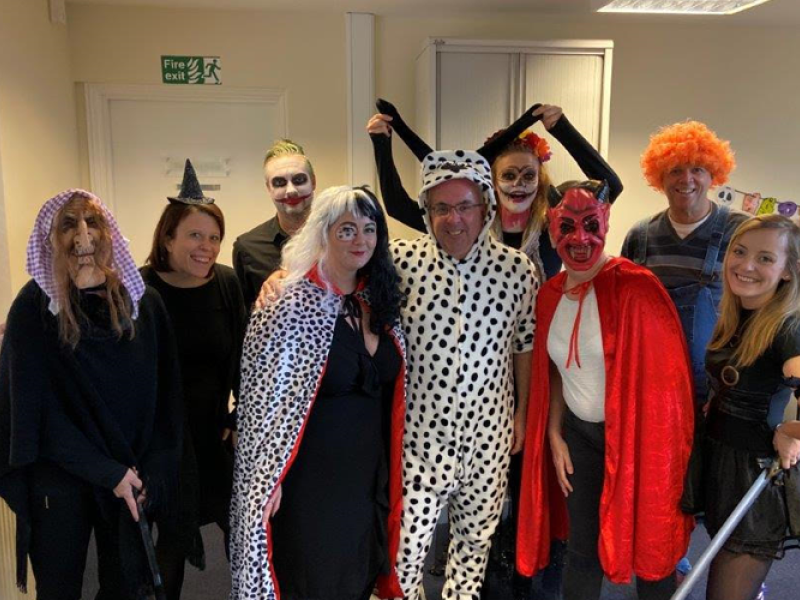Jane Frances
19 November 2019
Jane Frances
Jane Frances is a psychotherapist and was for many years Schools Specialist and Policy Advisor in Education at Changing Faces, UK. She is an expert in the psychology of visible difference.
She tells us of how findings from psychological research can help parents and teachers of children with Neurofibromatosis to better support them.
“I have worked with a lot of children with many conditions including NF, and I’ve found that the responses by other people to visible difference is pretty standard across conditions. The advice I give is based on research. ‘Common sense’, however well-intentioned, can lead to counterproductive interventions.
For example, if a child is staring at a child with a visible difference, the ‘natural’ reaction of the teacher is to say, ‘you mustn’t stare’. The result is that children learn to turn away, and the child with the difference feels even more isolated.
A better response is for the teacher to tell the staring child, ‘if you find yourself staring, smile and say ‘Hello, my name is Jane. What’s your name?’’
It is even more important that parents or the teacher coach the child who has NF to handle other children’s curiosity. The best strategy is for the child with NF to have something to say, like: ‘Don’t mind my lumps and bumps. I’ve got NF. Have you got something interesting about you?’ It is always good to round off with a question and engage – curiosity is the beginning of a relationship.
If the child is shy and nervous, the teacher might need to say, ‘Oh you’ve noticed Timothy’s unusual face. Well that’s the way Timothy’s face is, and did you know Timothy has a pet cat?’
We know from countless studies that it is harder for a child who looks unusual to make and keep friends. This is caused not by an aversion to the unusual face, but by an aversion to the stigma. The key, therefore, is to reduce or eliminate the stigma. The conversational strategies above will help. A curious stare is a door to a conversation and possible relationship.
Teachers’ expectations are also key: they need to hold in their heart really positive hopes for this child’s future. Many studies confirm the ‘Pygmalion Effect’: that lower expectations lead to lower results. Teachers aren’t doing children a favour by going easy on them. The child needs tough, high expectations.
These are just a few tips. You can get more information and resources for tackling issues of face equality and the impact of appearance at changingfaces.org.uk.”
– Jane Frances"The best strategy is for the child with NF to have something to say, like: ‘Don’t mind my lumps and bumps. I’ve got NF. Have you got something interesting about you? "
Filter News

Appearance Matters: Prof Diana Harcourt and Maia Thornton
Find out both Diana's and Maia's views on their work and the importance of their work for people with NF:
Read More
Jane Frances
Here Jane Frances tells us how findings from psychological research can help parents and teachers of children with NF
Read More
Sarah’s Story
Sarah has NF1 and works full time for the NHS check out her intriguing story here
Read More
Laura’s Story
Read about Laura's experience of undergoing surgery to remove a tumour from her spine here:
Read More
Visible Difference Equality Law Research: summary of findings
Find out more about the results here:
Read More
The Galloway Family and their “amazing” four year old Ruby
Have a read about the incredibly brave young Ruby Galloway (NF1) and check out their previous and future fundraiers.
Read More
“Framing the face: History, Emotion, Transplantation” a blog from James Partridge
Find out more about the blog and what is concerns here:
Read More
A Spooktacular Halloween day for NTUK
Find out more about the wonderful fundraising event here:
Read More
Nicks Triathlon in Support of his daughter Eilidh
Find out more about Nick's Triathlon and his daughter's experiences with NF1 here:
Read More

